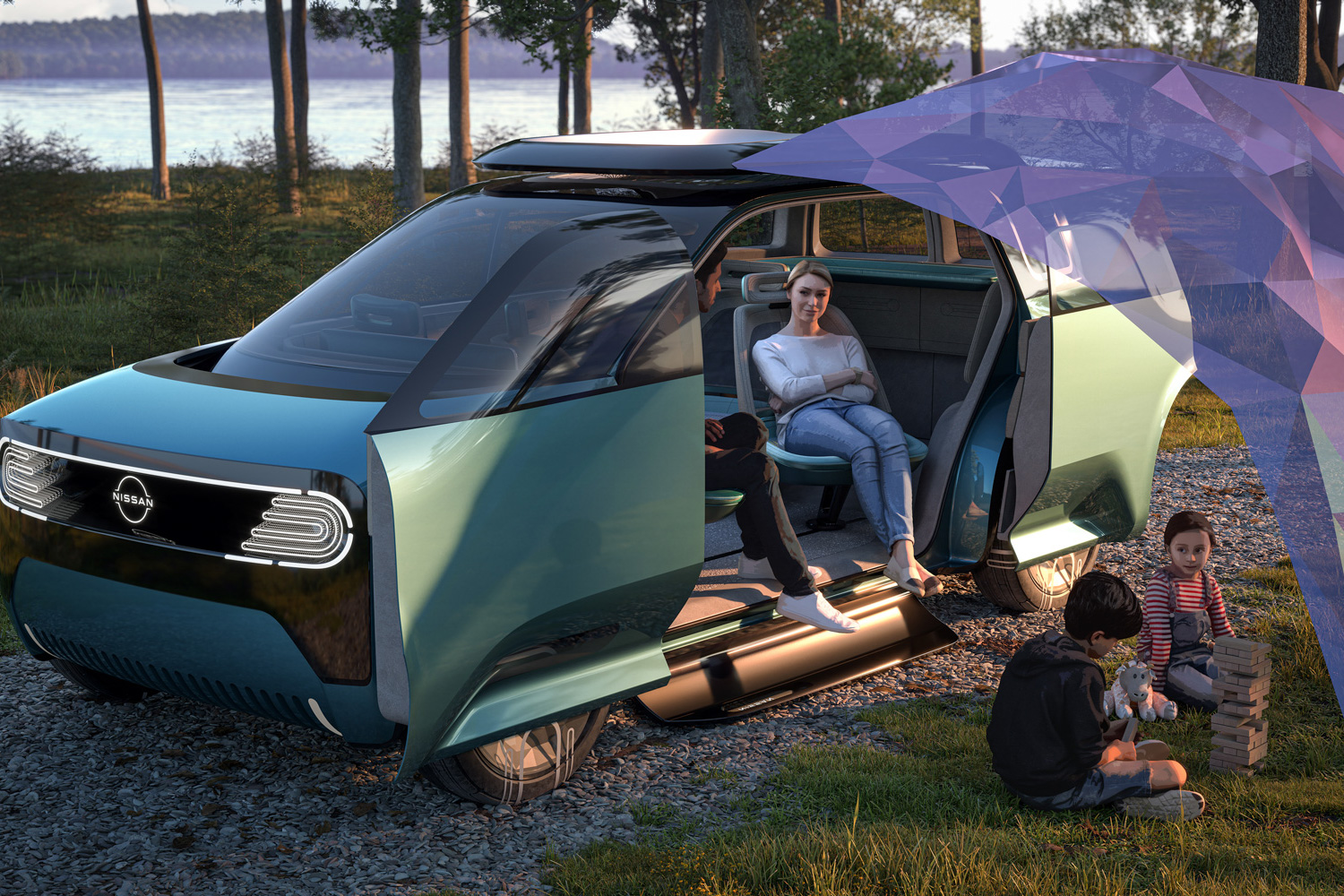Nissan has unveiled Ambition 2030, its long term growth and electrification plan which will see a ramping-up of EV sales, 15 new pure-electric models by the end of the decade and significant investment in new battery technologies. As part of the plan's launch, the company also revealed four new concept cars.
Electric expansion
The company plans to invest around €15.6 billion in its electrification programme which is set to involve the launch of 23 new electrified vehicles by 2030 including those 15 all-electric models. By 2026 it intends to increase its sales of electrified vehicles in Europe by 75 per cent and in the United States by 40 per cent. By 2030, it says, it hopes to achieve a 50:50 ratio global sales mix of electrified models to internal-combustion-engined vehicles.
Future visions
To give some idea of what those future vehicles may look like, Nissan also unveiled four new concept cars as part of its strategy.
First-up, Nissan describes its crossover-coupé Chill-out concept as a "near-future EV". The Chill-out is based on the same CMF-EV architecture as both the upcoming Renault Mégane E-Tech Electric and the Nissan Ariya which are set to arrive next year. As such, it could potentially represent a sleeker alternative model to the Ariya - a sort of ID.5 to Volkswagen's ID.4.
The other three concepts look a generation beyond the Ariya.
The Max-out is a convertible sports car with configurable seating for extra space. Targeting pick-up enthusiasts is the Surf-out, a short-cab, adventure-orientated electric pick-up. The Hang-out
is a family car - a sort of crossover hatchback - with, like the Max-out, configurable seats and, unlike the sporty Max-out, a suspension designed to eliminate the kind of vibrations and shocks that contribute to motion-sickness when vehicle occupants are looking at screens.
Solid state
All three post-Ariya models will according to Nissan be powered by solid-state batteries.
This is another area in which the company says it will invest heavily in the coming years. It plans, according to Ambition 2030, to launch an EV powered by solid-state batteries by 2028. This will, it says, reduce charging times by two-thirds as well as bringing down the overall cost of batteries significantly, thus allowing EVs to achieve price parity with ICE-powered cars.
Until then, however, the company says it will continue working to refine its lithium-ion batteries, introducing cobalt-free technology and bringing the cost down by around 65 per cent by 2028. As well as that, Nissan aims to invest some €156 billion in charging infrastructure by 2026 in addition to expanding its battery refurbishing and recycling capabilities.




































